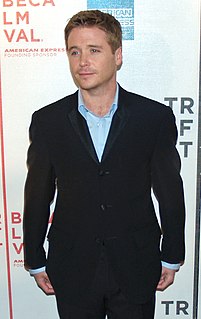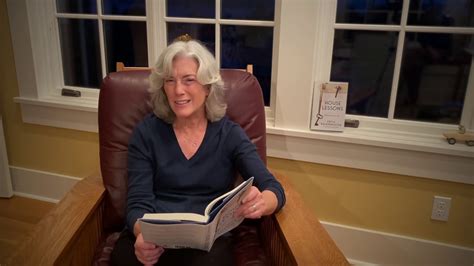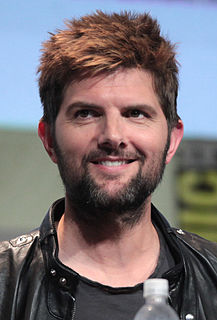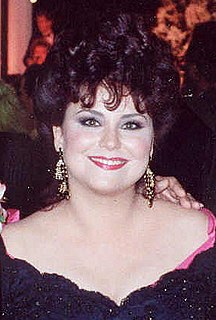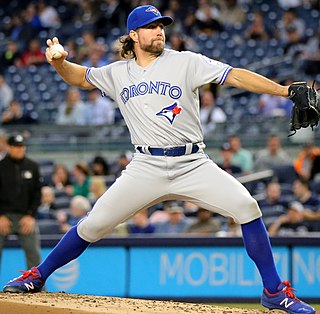A Quote by Kevin Connolly
What I think happened to the new arenas is that you need some memories. I remember going when the Staples Center first opened and it was like, 'OK,' but a couple championships later, and all of a sudden it becomes your house. You have to stake claim to it.
Related Quotes
You have your wonderful memories," people said later, as if memories were solace. Memories are not. Memories are by definition of times past, things gone. Memories are the Westlake uniforms in the closet, the faded and cracked photographs, the invitations to the weddings of the people who are no longer married, the mass cards from the funerals of the people whose faces you no longer remember. Memories are what you no longer want to remember.
When you are in your twenties, even if you're confused and uncertain about your aims and purposes, you have a strong sense of what life itself is, and of what you in life are, and might become. Later.. later there is more uncertainty, more overlapping, more backtracking, more false memories. Back then, you can remember your short life in its entirety. Later, the memory becomes a thing of shreds and patches.
I feel like there are instances and circumstances in your life that always change. You can think someone's your friend, and it could be out of convenience, or there was something in it for them, or whatever. And a year later, something happens and you really need help, or all of a sudden they have to stand up for you, and it could be inconvenient for them or not benefit them. And they don't have your back. And you're like, "Ok, that friendship was circumstantial. You were only my friend when it was easy." What's hard is you can't tell from the beginning.
There's that lovely thing for the first month or two of writing a new book: OK, I don't know what that character's going to do, but we'll find out later. After about three or four months you come to that bit where you've got to put some plot in before it's too late, and you have to go back and start inserting plot, and, ooh, I've left out the literature, OK, lets put some in.
Even grief recedes with time and grace. But our resolve must not pass. Each of us will remember what happened that day, and to whom it happened. We'll remember the moment the news came -- where we were and what we were doing. Some will remember an image of a fire, or a story of rescue. Some will carry memories of a face and a voice gone forever.
Actually, when I was young, I believe I met Nicolas Cage. I think I was probably eight, and I remember seeing him at somebody's house - it was an event and he happened to be there. People would ask me if I was his son, because I looked like him at that point, so I do remember feeling some connection and just wanting to say, like, 'Papa!'
Love? I need a lot of love." Of course you do. Everyone does. It's funny that we never say it. It's OK to scream, 'I'm starving' in public if you are hungry; it's OK to make a fuss and say, 'I'm so sleepy', if you are tired; but somehow we cannot say, 'I need some more love.' Why can't we say it? It's just as basic a need." - ONE NIGHT @ THE CALL CENTER Chapter 36 pages 293-4
All of a sudden I got a call the night of the first time we were filming and they're like, "Terry, we made a mistake. We need you to be you. You're not a joke with these guys and you're not mousy, you're very aggressive. Now it just so happens that you're going through these things, but we need you to be more physical in your role."
